Universal Service Fund
Latest
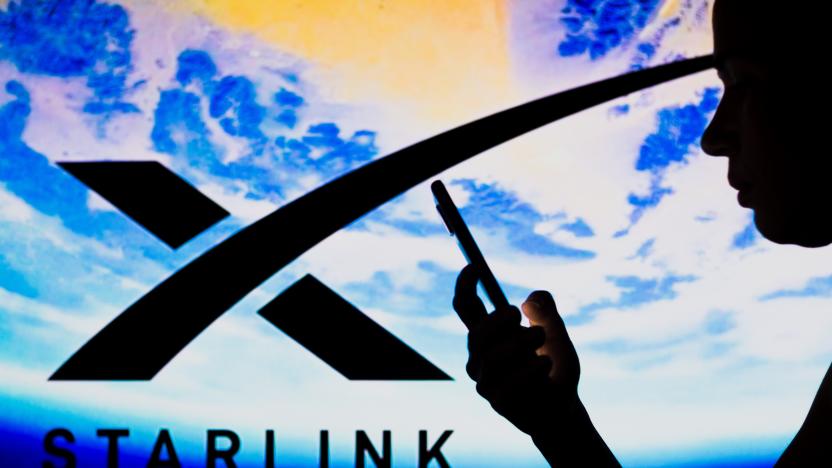
FCC rejects Starlink request for nearly $900 million in broadband subsidies
Starlink has lost its bid to receive nearly $900 million in broadband funds from the FCC.
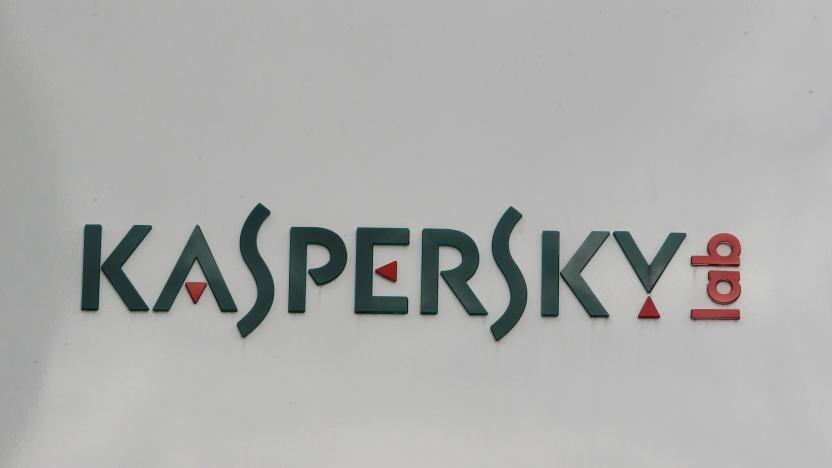
FCC says Russia’s Kaspersky Lab is a national security threat
On Friday, the FCC added Russia’s Kaspersky Lab to its “Covered List,” labeling the cybersecurity firm an “unacceptable” national security risk to the US.
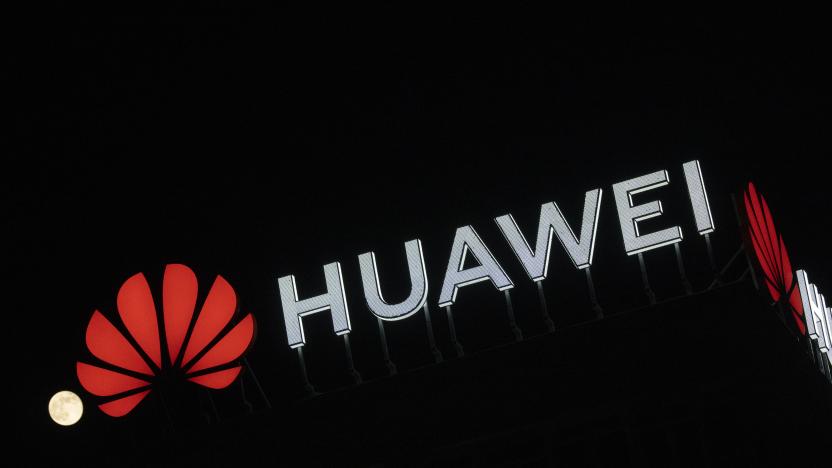
FCC says Huawei and ZTE are national security threats
The FCC has officially declared Huawei and ZTE as national security threats, barring carriers from using fund money on the Chinese technology.
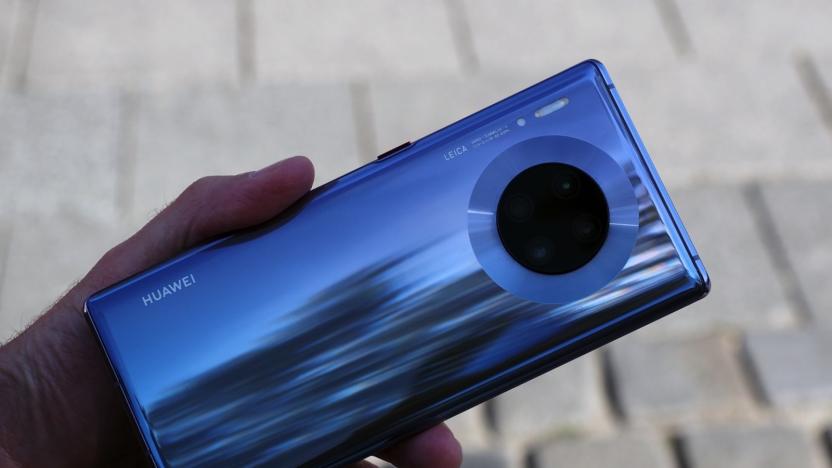
FCC bans carriers from buying Huawei, ZTE gear with subsidies
The FCC is acting on its vow to keep Chinese technology out of American wireless networks. Commissioners have unanimously approved an order barring any carrier receiving Universal Service Fund subsidizes from using that money to buy equipment from companies deemed a "national security threat" -- and of course, Huawei and ZTE are the first two companies considered threats. The measure also establishes a process for identifying other risky companies and will require audits.
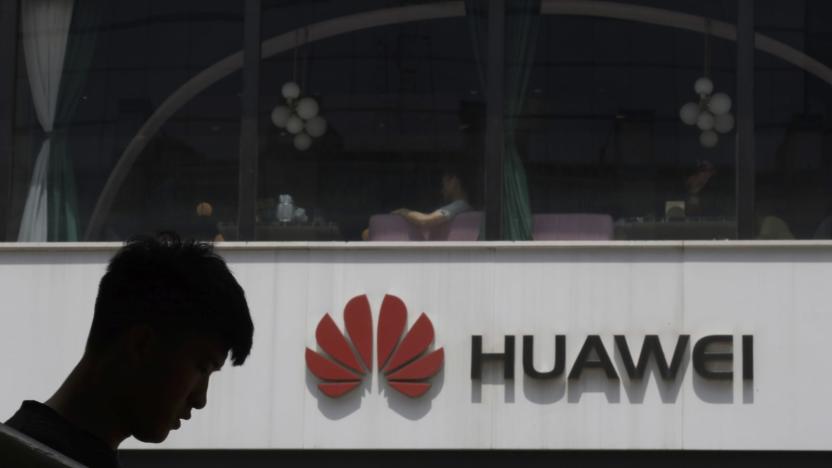
FCC proposal would ban some US telecoms from using Huawei, ZTE gear
The US government might not be content with blacklisting Huawei and otherwise making it clear that Chinese wireless companies are personas non grata. FCC Chairman Ajit Pai has put forward a proposal that would forbid Universal Service Fund recipients from buying equipment from companies deemed to be a "national security threat," including China's Huawei and ZTE. Moreover, carriers who already have that supposedly threatening gear would be required to remove it. The FCC might even offer "financial assistance" to networks to help them switch to other suppliers.

FCC approves $1.5 billion funding increase to upgrade school broadband
Schools depending on the FCC's E-Rate program to update their internet infrastructures are about to get a little more help: the Federal Communications Commission just gave the program an additional $1.5 billion in funding. The decision was hotly contested -- with Republican commissioners arguing the cost was simply too high -- but the decision eventually split down party lines, passing with a 3/2 Democrat majority. It's a major win for schools and libraries counting on E-Rate discounts, as the program's $2.25 billion budget hasn't seen an increase since 1997 (and a slight inflation adjustment in 2010).

New government plan for school WiFi leaves everyone unhappy
The FCC is ready to start doling out up to $2 billion dollars in grants to American schools to pay for WiFi networks, but it doesn't seem that anyone -- especially the schools -- are happy about it. The new rules under the aging E-Rate program, which is part of the Universal Service Fund, would set aside $1 billion dollars this year and another billion next year to set up WiFi networks in schools and public libraries. Chairman Tom Wheeler says the agency should be proud because "10 million kids will be connected next year who otherwise wouldn't." But Republicans are concerned the program will favor urban areas, while failing to deliver much needed connectivity to rural schools. Of course, GOP lawmakers also steadfastly opposed increasing funding to the E-Rate, which had its budget capped at $2.25 billion 16 years ago and hasn't been adjusted since.

FCC revamps Lifeline phone service, cuts the fat from carriers' bottomlines
With a site redesign freshly under its belt, the FCC's setting its recently honed eye for modernization on other, more pertinent areas of its jurisdiction -- like Lifeline. The universal program, a means of guaranteeing affordable phone service to low-income families, hadn't exactly kept pace with changes in the telecom industry, overlooking consumers' preference for wireless and the growing need for pervasive broadband access. That's all set to change with new measures adopted by the Commission today designed to curb carrier abuse of the antiquated system and automate the enrollment process by eliminating unnecessary duplicate accounts and subsidies. A pilot program to offer and potentially bundle discounted, high-speed internet to eligible participants is also underway, with potential ISP partners currently being solicited for inclusion. All told, the moves could wind up saving the federal agency over $2 billion in misdirected funds over a three-year span, leaving more money on the table to help your average Joe and Jane America step firmly into the 21st century.

FCC boss keeps driving home the 'spectrum, spectrum, spectrum' message for wireless broadband
Love him or hate him, it seems destined that the FCC's Julius Genachowski will leave as big of a mark on the agency he's leading -- if not bigger -- than his predecessor Kevin Martin did, because he's hell-bent on shaking up the wireless airwaves and landlines he oversees in some pretty huge ways. Pushback from broadcasters is apparently quite strong, but he's reiterated at a conference today that he intends to investigate freeing up TV spectrum for to make room additional wide-area wireless services, a move that certainly seems to make sense on the surface considering that universal broadband to the home -- which could carry all the TV you'd ever need -- is also high on Genachowski's to-do list. The Universal Service Fund, which every American phone subscriber pays into and partly finances rural landline telephone operations where profits are harder to come by, is looking like a ripe target for renovation to bring broadband into the fold, theoretically making high-speed data more accessible to folks of all demographics and geographical affinities. Like the TV spectrum move, the USF realignment is meeting its fair share of detractors -- mainly among rural landline operators who rely on the funds for operation, of course -- but we're definitely gaining confidence that this dude isn't taking "no" for an answer in the long term.

Verizon and BellSouth shamefully retract USF "replacement" fees
In case you haven't been following the exciting world of telecom regulation lately (and really, why would you?), the FCC recently mandated that DSL providers no longer have to pay into the Universal Service Fund that's meant to subsidize rural and low-income phone service (and that may induce all kinds of pork-barrel spending, but that's a whole other story right there). Anyway, the elimination of this surcharge was supposed to be passed along to consumers in the form of lower monthly bills -- and many companies, including AT&T and Qwest, did just that -- but the sneaky suits over at Verizon and BellSouth decided to keep charging customers almost the exact same fee, though for different reasons. Verizon claimed that it had "developed new operating costs" in the previous year, justifying this so-called "supplier surcharge," while BellSouth began calling theirs a "regulatory cost recovery fee" -- even though the USF contribution regulation no longer existed. Both companies offered up some confusing doublespeak as to why these new, identical fees came into play at the exact same time that the USF fee was withdrawn; ultimately, however, pressure from consumers, the media, and the FCC forced them to retract the charges from customers' bills and issue credits where applicable. So in conclusion, we're really starting to see an encouraging trend here: first Dell implements a massive battery recall following tons of negative publicity, then Foxconn stops picking on those "slanderous" journalists in the wake of a massive public outcry, and now the telcos have been forced to mend their greedy ways after everyone got wise to their shenanigans. Therefore, that old adage actually seems to be true: a lot of the time, it's the squeaky wheel that really does get the grease.Read- Verizon's feeRead- BellSouth's feeRead- BellSouth cavesRead- Verizon caves

FCC ruling could mean higher VoIP bills
A new plan by the FCC to keep the Universal Service Fund stocked in anticipation of the coming August exemption for DSL providers will likely lead to higher VoIP bills for consumers. The agency has ruled that companies like Vonage and SunRocket who offer Internet telephony services must now pay 7% of their revenue into the fund -- used to subsidize rural and low-income phone service -- which has been traditionally been stocked by taxing POTS and DSL providers at a rate of 10.9%. However, since DSL providers have been let off the hook for this program, the FCC needed to make up for the shortfall, so the agency both instituted the VoIP component and raised cellular carriers' contribution from 3% to 4%. Since providers tend to pass new costs on to the consumer, we can probably expect to see higher VoIP bills in the near future, but luckily the recent repeal of that Spanish-American war-era excise tax should mostly balance things out on the cellphone side of things.




